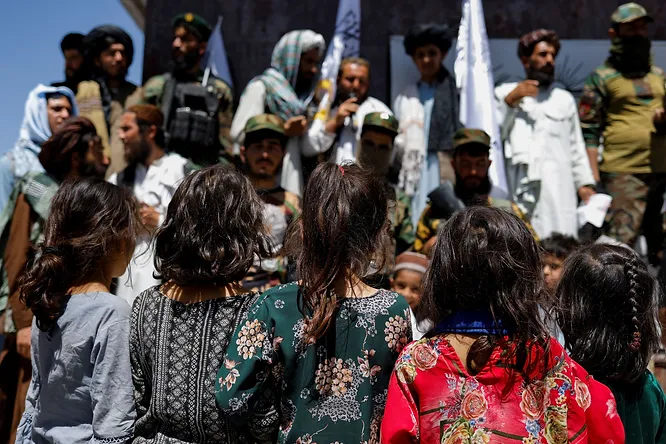By: Jillian Wu
President George W. Bush established the President’s Emergency Plan for AIDS Relief (PEPFAR) in 2003. It is a widely praised program that is credited with saving over 25 million lives in the fight against HIV and AIDS globally. The program has distributed vital pharmaceuticals across 50 countries and spent more than $100 billion doing so while also forging extremely significant alliances with regional authorities and non-governmental organizations.
But now as lawmakers are debating whether to extend PEPFAR for five years, one year, or not at all, the program’s survival is in jeopardy. Despite its significant contributions to world health and the fight against HIV and AIDS, the plan is under fire over claims that it encourages abortion. Republicans have raised baseless claims that the program’s funding is aiding abortion providers, a charge that health advocates, Democrats, and PEPFAR officials vehemently deny.
Jennifer Kates, director of global health and HIV policy at KFF, has stated that “If PEPFAR doesn’t get reauthorized, the program can continue — but it could send some pretty chilling messages to people in the field who depend on PEPFAR for life support.” Many people around the world, not just in the US, rely on PEPFAR to survive. It’s a life saving support line that connects those who are not fortunate enough to afford health care to have a chance at life.
The success of PEPFAR is further demonstrated by its contribution to the stabilization of health systems in areas like sub-Saharan Africa, which was devastated by HIV in the 1990s, and the development of global capacity to deal with emerging health crises. The program has received great appreciation from foreign leaders and medical experts for its important contributions to international relations and public health.
The Heritage Foundation, Family Research Council, and Susan B. Anthony Pro-Life America are among the anti-abortion advocacy groups that are opposed to the five-year “clean” reauthorization that the Biden administration sought and are in favor of a one-year reauthorization with clear abortion restrictions.
Concerns about abortion politics and partisanship are expanded by the contentious discussion over PEPFAR’s continuation. Senior fellow for the Council on Foreign Relations David P. Fidler underlines that these divisions prevent the kind of cooperation necessary to address global health concerns. Republicans and Democrats may have differing views on the continuation of PEPFAR, but it cuts beyond party lines since it is a matter of life or death for those in need.
The Senate Foreign Relations Committee’s chairman, Senator Robert Menendez, has been negotiating for the renewal of PEPFAR. He underlines the program’s significance on a worldwide scale and the crucial role PEPFAR has played in saving lives. According to Menendez, PEPFAR “helps us in a continent where China is all over the place” and the “one place they’re not all over the place is on helping to save people’s lives. We are, and we are known for that.”
The need to extend PEPFAR is urgent given that the deadline is drawing near. The result will definitely have a significant impact on efforts to improve world health. It is still critical that lawmakers set aside party differences and emphasize the health and well-being of the millions of people who depend on PEPFAR for survival as they continue their conversations.
References:
Diamond. D, (2023) Lifesaving HIV program faces a new threat: U.S. abortion politics The Washington Post https://eb18600f7bb2916037f5ee8e636ce199.cdn.bubble.io/f1690728430819x275369979467293700/Lifesaving%20PEPFAR%20program%20faces%20a%20new%20threat_%20U.S.%20abortion%20politics%20-%20The%20Washington%20Post.pdf











